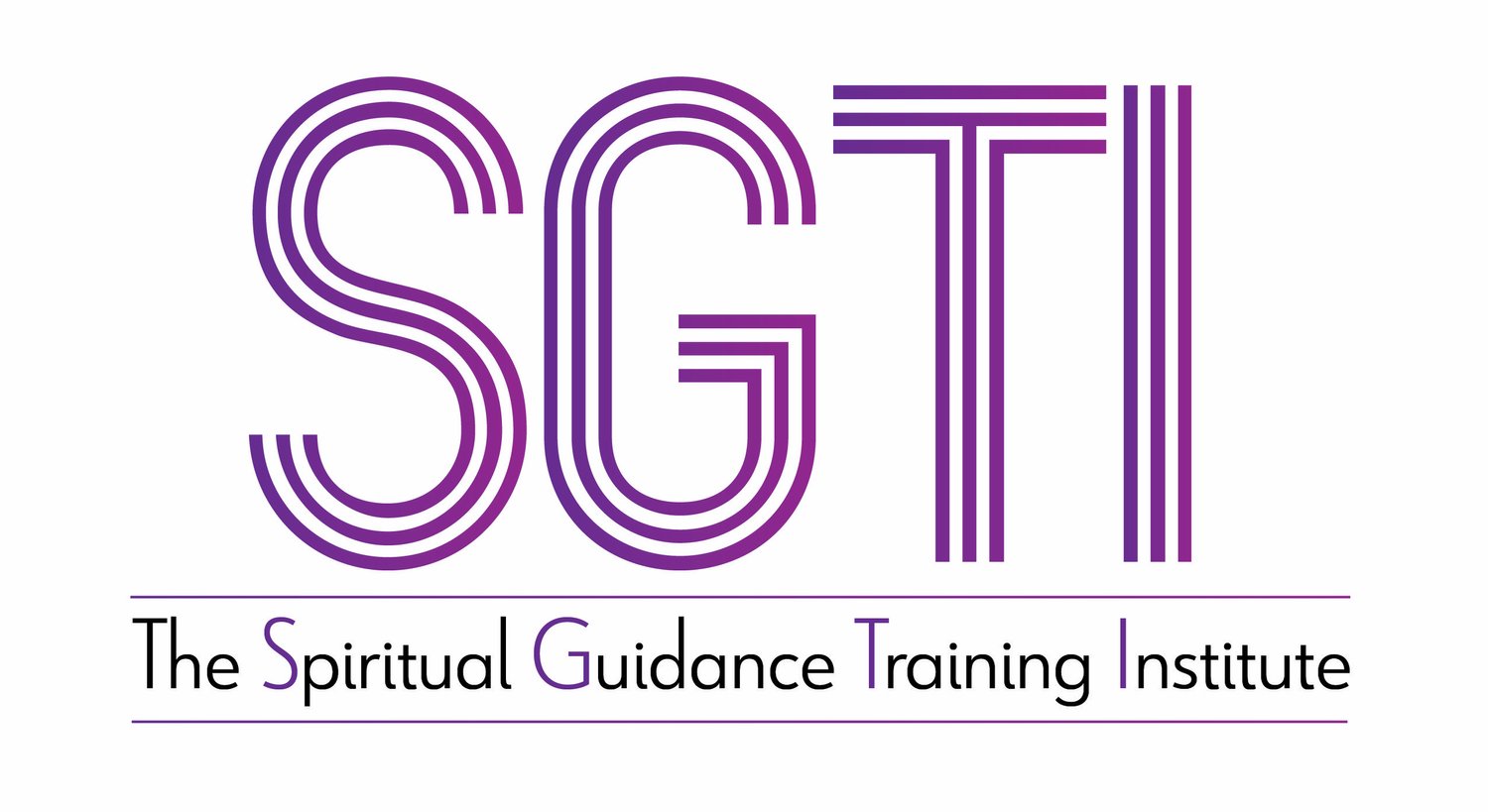Should You Use Zoom or Phone When Meeting With a Seeker?
5/7/2020
Whether you have been doing it for awhile now or have needed to switch due to the Covid-19, most spiritual companions have been using Zoom, Skype, or the phone to meet with our clients/seekers/companions. One of the things we are promoting now is using the phone more than Zoom or Skype. This may seem like the opposite of what you might have thought. After all, if we are in the service of relationships, shouldn’t we want to see our clients (especially those of us who were meeting in person up until mid-March)?
In an article entitled Why Is Zoom So Exhausting, Beckie Supiano explains several issues with the platform: “The body language and other cues that we expect but can’t access; the way we monitor our own appearance; the stimulation of staring into faces at close range; the inability to take a break, move, or change our surroundings.” Where Zoom used to be an opportunity – and still is – now it is an obligation in professional and personal relationships. Many of us are suffering from the void that we feel after the calls and meetings.
Supiano suggests that using Zoom is exhausting because we have constant access to monitoring our own non-verbal cues. When we talk on the phone with our seekers, we obviously still lack the non-verbal cues, but we do not feel a need to self-monitor, and we are less distracted by our client’s movements. This frees us up to access our intuition and trust the knowing in our own bodies without the distraction of our seeker’s face. On Zoom there is little physical distance between you and your screen, which may have implications related to intimacy. On the phone, we do not have a face right in front of us, allowing space for proper intimacy. Talking on the phone also allows us to move; we can change locations or even walk and talk.
There are certainly benefits to each of the ways to connect in spiritual companionship. The questions we are discerning right now are which ways promote deeper connection, integrity, and attention, and which ways might hinder deeper connection?
Submitted by Jeanette Banashak

